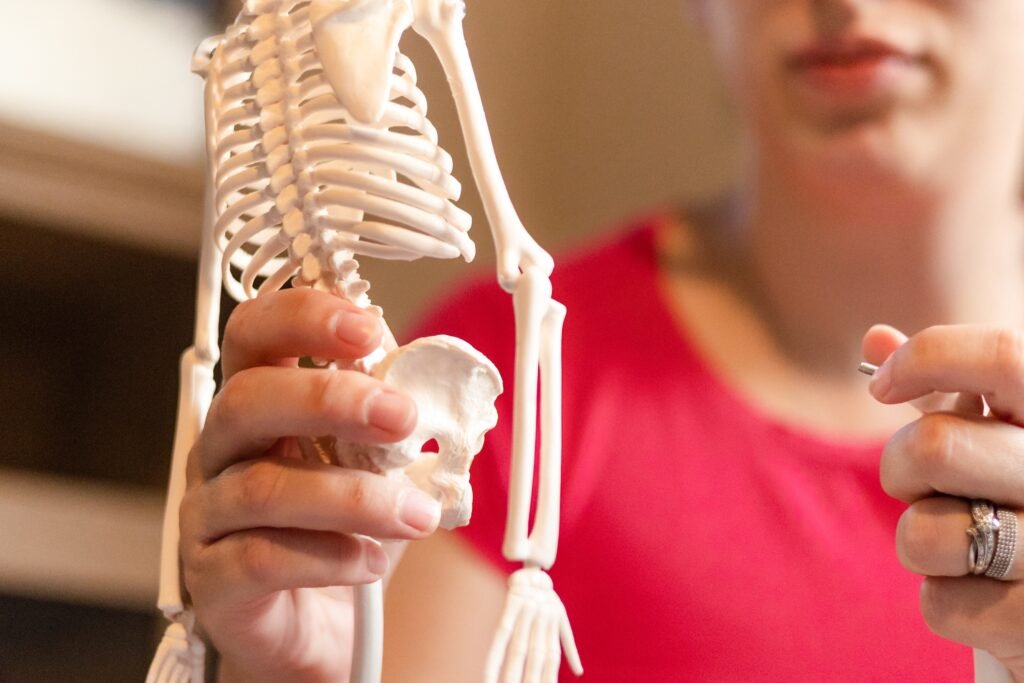Introduction
Vitamin D is an essential nutrient that plays a crucial role in supporting overall health. It promotes calcium absorption, maintains bone strength, and has positive effects on the immune system and many vital functions. With increasing research highlighting its role in preventing chronic diseases, it has become crucial to ensure adequate intake of this vitamin through natural sources or supplements.
In this article, we’ll explore the importance of Vitamin D for the body, cover the best natural sources of Vitamin D, and provide effective tips for obtaining it safely.
Table of Contents
- Benefits of Vitamin D: Bone Health and Immune Support
- Best Natural Sources of Vitamin D: From Sunlight to Food
- How Vitamin D Deficiency Affects Overall Health
- Effective Ways to Safely Increase Vitamin D Levels
- Role of Vitamin D in Mental Health and Depression Prevention
1. Benefits of Vitamin D: Bone Health and Immune Support
Vitamin D is vital for maintaining healthy bones, as it supports effective calcium absorption. This vitamin also boosts immunity, reducing the risk of illnesses. Studies indicate that sufficient Vitamin D levels can help lower the risk of conditions like diabetes and heart disease.

2. Best Natural Sources of Vitamin D: From Sunlight to Food
The most effective way to obtain Vitamin D is through sunlight, as the body produces it when skin is exposed to UVB rays. Additionally, you can find Vitamin D in:
- Fatty fish like salmon and tuna
- Egg yolks
- Fortified foods such as milk and orange juice
3. How Vitamin D Deficiency Affects Overall Health
Vitamin D deficiency can lead to various health issues, including:
- Weak bones and increased fracture risk
- Higher susceptibility to autoimmune diseases like multiple sclerosis
- Mood disturbances, as studies link low Vitamin D levels with increased depression risk

4. Effective Ways to Safely Increase Vitamin D Levels
To raise Vitamin D levels, try the following:
- Sun exposure for 10 to 30 minutes daily
- Consuming foods rich in Vitamin D
- Taking supplements, especially in winter when sunlight is limited

5. Role of Vitamin D in Mental Health and Depression Prevention
Increasing evidence suggests that Vitamin D positively affects mental health. Some studies show that people with Vitamin D deficiency are more prone to depression. Thus, maintaining adequate Vitamin D levels may enhance mood and support mental well-being.
FAQs
- What are the best sources of Vitamin D? Sunlight is the main source, but foods like fatty fish, eggs, and fortified milk are also essential sources.
- How can Vitamin D deficiency be prevented? Regular sun exposure, consuming Vitamin D-rich foods, and taking supplements when necessary can prevent deficiency.
- Can Vitamin D deficiency lead to health problems? Yes, it can cause issues such as weakened bones, depression, and an increased risk of chronic diseases.

Conclusion on the Importance of Vitamin D for Your Health
In conclusion, Vitamin D is a vital nutrient that significantly impacts overall health, from bone strength to immune support. Ensuring sufficient levels—whether through sunlight, diet, or supplements—can have lasting health benefits. Regularly checking your Vitamin D levels and adjusting your lifestyle can provide long-term health advantages.

